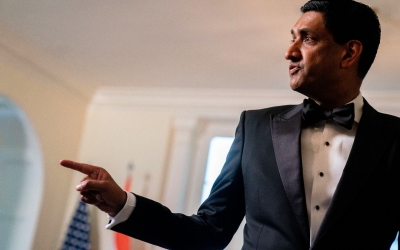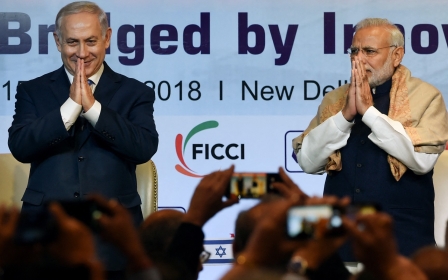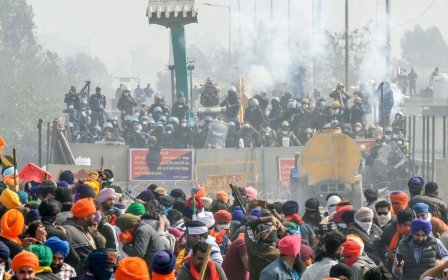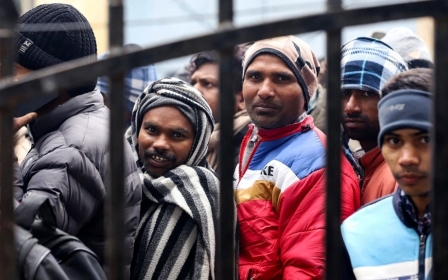Top US senator 'deeply concerned' about fallout for Muslims from India's citizenship act
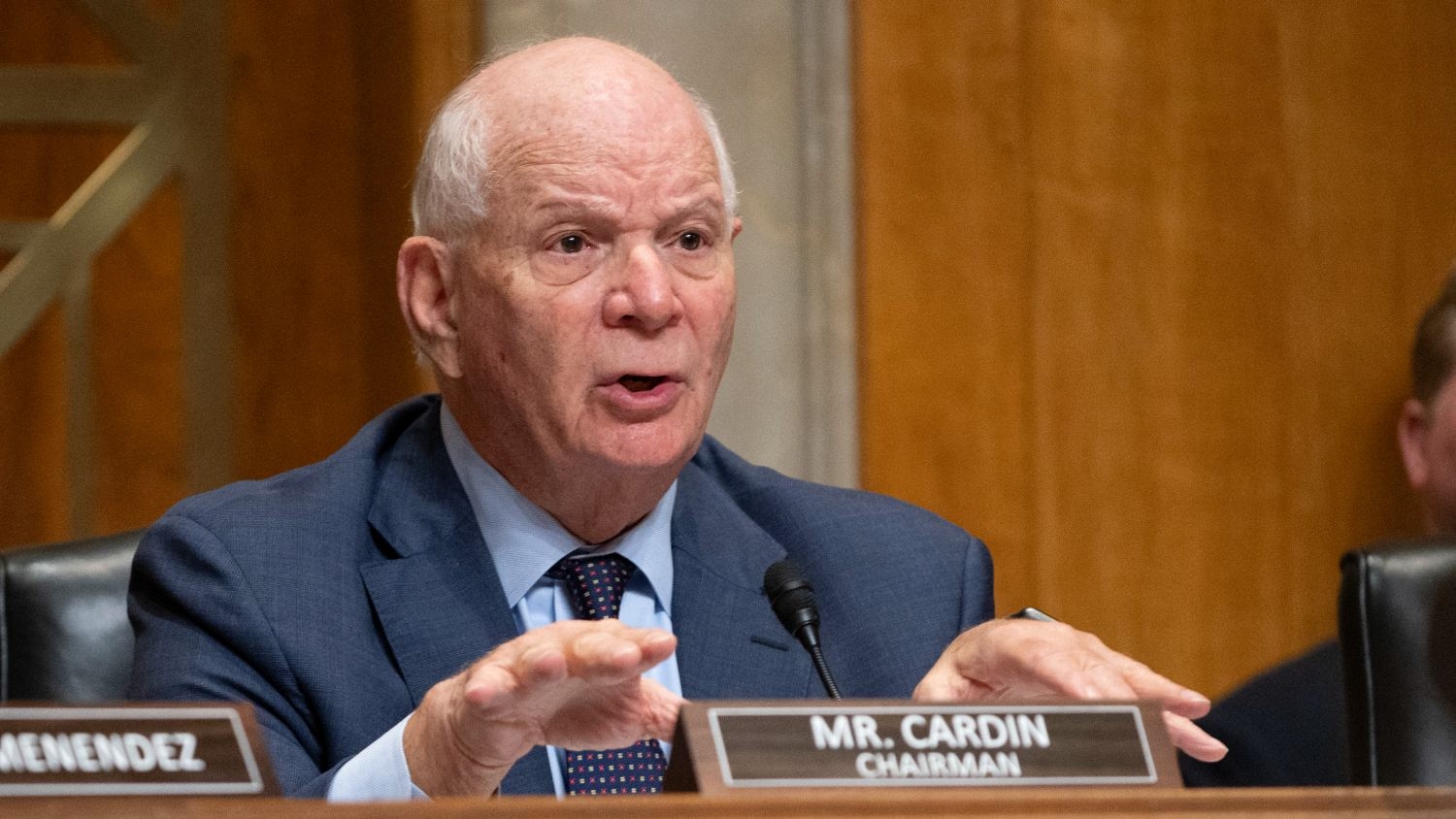
US Senator Ben Cardin, who chairs the powerful Senate Foreign Relations Committee, has issued a statement declaring his deep concern with India's Citizenship Amendment Act (CAA), which rights groups have said is discriminatory towards Muslims and other minorities by making religion a basis for citizenship.
"I am deeply concerned by the Indian government’s decision to begin implementing its controversial 2019 Citizenship Amendment Act, particularly the law’s potential ramifications on India’s Muslim community," Cardin said in a statement on Monday.
"Making matters worse is the fact that it is being pushed during the holy month of Ramadan."
Last week, ahead of the general election in India, the government of Prime Minister Narendra Modi announced it would begin to implement the CAA. The Indian government said that the law makes it easier for people from non-Muslim minorities in Afghanistan, Bangladesh and Pakistan, who settled in India before 2015, to get Indian citizenship.
Rights groups, however, have argued that the exclusion of Muslims violates India's secular constitution by making religion a basis for citizenship.
Stay informed with MEE's newsletters
Sign up to get the latest alerts, insights and analysis, starting with Turkey Unpacked
India is home to about 14 percent of the world's population of Muslims.
Rights organisations have pointed to several instances of anti-Muslim policies in India under Modi, including revoking the special autonomous status of the Muslim-majority Kashmir, demolishing Muslim properties, and banning the hijab in Karnataka province where Modi's Bharatiya Janata Party rules.
State Department spokesperson Matthew Miller also raised some concerns about the implementation of the CAA, saying the US is “closely monitoring how this act will be implemented”.
“Respect for religious freedom and equal treatment under the law for all communities are fundamental democratic principles,” he said.
New Delhi hit back at the comments, with its foreign ministry saying the issue was "an internal matter" and that the spokesperson's comment was “misplaced, misinformed and unwarranted”.
In February 2020, one of the most powerful city councils in the United States passed a resolution condemning the CAA and its planned National Register of Citizens (NRC).
The resolution passed unanimously at Seattle City Council, making it the first US city to pass legislation against India's actions.
The measure states that "the Seattle City Council opposes the National Register of Citizens and the Citizenship Amendment Act in India, and finds these policies to be discriminatory to Muslims, oppressed castes, women, indigenous, and LGBT people".
The bill was introduced by Kshama Sawant, an Indian-American City Council member.
The rising anti-Muslim sentiments in India come as New Delhi continues to deepen its ties to Washington.
In 2022, the US launched a four-nation summit with India, Israel and the United Arab Emirates, in which the countries would cooperate on multiple sectors, including the economy, trade, technology and science.
Modi also visited the White House last year, and despite calls from activists and rights groups who protested the visit, Washington welcomed Modi with a reception and allowed the Indian prime minister to give a joint address to Congress.
"As the US-India relationship deepens, it is critically important that our cooperation is based on our shared values of protecting the human rights of all persons, regardless of religion," Cardin said.
Middle East Eye delivers independent and unrivalled coverage and analysis of the Middle East, North Africa and beyond. To learn more about republishing this content and the associated fees, please fill out this form. More about MEE can be found here.


